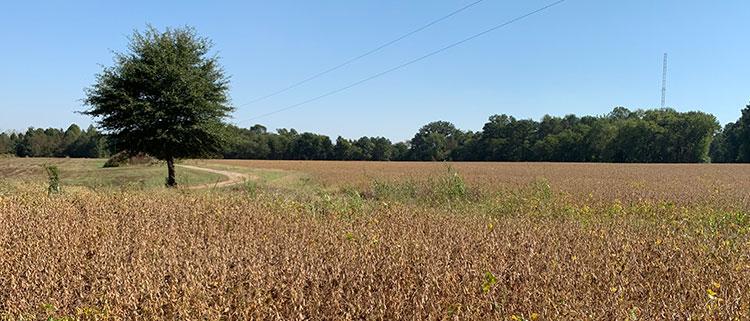The recovery of resources is an essential component of any municipal utility that treats wastewater. For Henrico County, its commitment to the recycling of biosolids extends beyond the typical commitment to the agriculture community, it also makes sure to use its biosolids on property owned by the County, which makes it somewhat unique to other urban/suburban wastewater recovery or reclamation facilities.
Henrico County has a population of about 330,000. Its Water Reclamation Facility (WRF) is an advanced wastewater treatment facility utilizing enhanced nutrient removal technology to achieve compliance with stringent total nitrogen and total phosphorus limitations. Its design flow is 75 million gallons/day, and is currently treating or converting 40 MGD of wastewater to near drinking water quality before it is returned to the James River. It operates a sophisticated pretreatment program designed to accept only wastewater from businesses that does not contain excessive concentrations of certain pollutants.
A view of the facility can be found here.
“Henrico is committed to providing exemplary engineering and environmental stewardship for its citizens – especially important is human health and protection of the environment while enhancing our quality of life,” said James Grandstaff, division director of the reclamation facility.
Essential to the broader reclamation of water is the recovery of the solids it generates as a byproduct of the treatment process, or biosolids.
At the county’s facility, organic solids are stabilized and then dewatered to produce biosolids that meet standards established by federal and state government. The process used at Henrico is similar to that used by nature. In streams and lakes, natural aeration helps purify the water, while good bacteria and microorganisms break down solids. Municipal utilities like Henrico do the same thing, but use engineered technology and regulated processes. Biosolids are recovered as a result of these processes.
“The county supports the recovery and beneficial use of biosolids to support local farmers,” he said.
Approximately 75% of the biosolids produced are recycled on farms, and the facility produces about 40,000 wet tons each year.
Unique to Henrico is the use of its own biosolids on its own land.
“We are committed to the safe recycling of our biosolids, and since we have lands near the plant, we reinforce that commitment by ensuring that the farmers who lease our land are able to use it – it is the perhaps the very best way we can commit to biosolids recycling,” Grand staff said.
Biosolids produced by Henrico is used on approximately 100 acres of county-owned land that is leased to farmers.
Bill Nelson of Varina is one of those farmers, and has been farmed land owned by Henrico for several years.
“I keep reminding people that farmers are the very best stewards of their land. The use of biosolids – and I’ve said this before – is a great way to improve the soil on my farms while increasing productivity. The fact that I farm property owned by Henrico where we use biosolids does provide confidence in the (biosolids) program,’ Nelson said.
